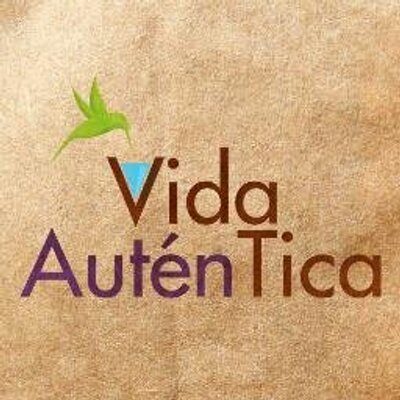
“Agrochemical or agrichemical, a contraction of agricultural chemical, is a generic term for the various chemical products used in agriculture. In most cases, agrichemical refers to the broad range of pesticides, including insecticides, herbicides, fungicides and nematicides. It may also include synthetic fertilizers, hormones and other chemical growth agents, and concentrated stores of raw animal manure.[1][2][3]“
On Thursday, April 6th at 6pm in the Cultural Center in San Isidro del General there will be a hearing with the Concejo Municipal of Perez Zeledon on the prohibition of agrochemical use in public spaces in the canton of Perez Zeledon and Brunca Region. This includes roadsides, green spaces, municipal soccer fields, etc. This initiative has been led by members of Vida Autentica and Aso-Organicos, two associations that support organic growing practices that are in harmony with nature. If the initiative passes, it will be sent to all other municipalities in the country and has the potential to greatly impact the health and well-being of all who reside here in Costa Rica. Costa Rica currently has the highest consumption of agrochemicals per capita in the world and it’s time to raise awareness about this issue and focus on healthy growing practices that work in partnership with nature.

“Organic farming is an alternative agricultural system which originated early in the 20th century in reaction to rapidly changing farming practices. Organic agriculture continues to be developed by various organic agriculture organizations today. It relies on fertilizers of organic origin such as compost, manure, green manure, and bone meal and places emphasis on techniques such as crop rotation and companion planting. Biological pest control, mixed cropping and the fostering of insect predators are encouraged. In general, organic standards are designed to allow the use of naturally occurring substances while prohibiting or strictly limiting synthetic substances.[2] For instance, naturally occurring pesticides such as pyrethrin and rotenone are permitted, while synthetic fertilizers and pesticides are generally prohibited. Synthetic substances that are allowed include, for example, copper sulfate, elemental sulfur and Ivermectin. Genetically modified organisms, nanomaterials, human sewage sludge, plant growth regulators, hormones, and antibiotic use in livestock husbandry are prohibited.[3][4] Reasons for advocation of organic farming include real or perceived advantages in sustainability,[5][6]openness, self-sufficiency, autonomy/independence,[6] health, food security, and food safety, although the match between perception and reality is continually challenged”
“Dear Community Members,
This is a final reminder that on April 6th at 6 pm in the Cultural Center or Complejo Cultural in San Isidro there will be a hearing in front of the municipality of Perez Zeledon to ask for greater recognition of agrochemical free/organic agriculture in Perez Zeledon as well as the prohibition of agrochemical use in our municipal public spaces such as roadsides, soccer fields, parks, etc.within the entire canton of Perez Zeledon. These two motions will most likely be voted on the same evening and if that is the case we expect a number of news organizations to be present. If the second motion passes(and we are feeling positive that it will) it will be sent to every other municipality in the country.
Please arrive early enough to get parking and find seating.
.
We would like to invite those who are interested to help rally afterwards with signs and chants. Please make signs that you can hold up afterward that we will also chant out loud and they include the following: (we will most likely pass out a paper with the chants printed on them and just follow along with the rhythm) (Note* please refrain from chanting or holding up banners during the hearing)
1. Perez Zeledon (clap, clap) Sanea el canton!
2. Tierra Sana, Vida Sana!
3. Nuestros Espacios Publicos, Libre de Agroquimicos!
4. Aire, Agua, Tierra, Sagrada!
Please share the announcement with social media such as your Facebook page,etc.
If you are driving, please offer rides to your Tico neighbors and friends or others who may need transport.
We look forward to seeing you there and sharing together in this historical moment!
Gracias,
Amy Schrift”
You can email Amy on [email protected]
